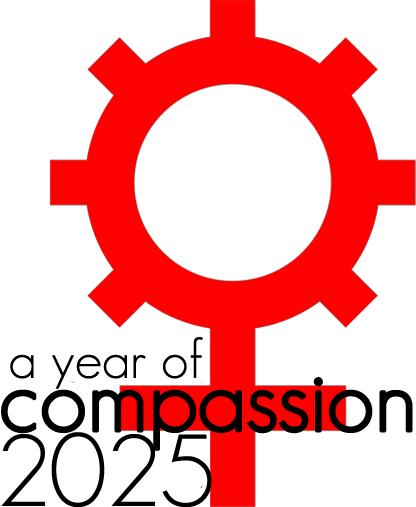Condensed Argument: The Legalization, Regulation, and Taxation of Cannabis [and related products] in the USA for Economical, Philosophical and Historical reasons.
Citizens of the USA: I, as a fellow citizen, am advocating for the legalization, regulation, and taxation of cannabis and related products in the USA. I believe if we examine historical, philosophical, and economical reasons then the cause becomes reasonable and worth strong consideration. It is also worth considering the trials and tribulations of foreign entities who have, previously and currently, adopted a position of cannabis tolerance. For the purposes of this idea, the term ‘related products’ apply exclusively to THC, and any producer of it.
Cannabis is a popular product. It is grown, transported, and consumed in large parts of the world and shows no sign of being discarded due to governmental influence, even at crackdown levels. As a popular product that is not openly sold, and therefore taxed, the governments of the USA are missing a substantial source of income. In our current day and age, October 2011, the USA should not so quickly dismiss a re-occurring source of revenue to put to any number of programs; the taxation of cannabis could help provide funding for public works projects. To phrase it colloquially: Weed for Jobs! If movies, stand-up comics, and other ‘experienced’ individuals are to be believed, consumers of cannabis demonstrate tendencies to spend additional money at/in local businesses either during or after consumption of the cannabis. Economically speaking, the immediate sale and likely subsequent purchases surrounding cannabis and the consumption thereof is beneficial for local and state/federal tax revenues.
Cannabis does not live up to a single-standard test. The standard in question is “Blame the User Not the Tool.” Cannabis is frequently reported to be a non-addictive substance that has similar [or less] destructive powers as alcohol; alcohol, as we discovered through Prohibition, is something we refuse to part with. When a drunk driver gets behind the wheel, we do not close down the bar from where the driver came; we punish the user and not the tool. Any number of household cleaning chemicals are more lethal and are already widely accessible. Other substances, such as paint thinner, can enable a person to experience a ‘high’ and are also accessible. In all the aforementioned instances, we blame the user and not the tool. The same applies to vehicles; the USA experiences fatalities due to vehicle travel daily and yet we do not remove vehicles from the road. Cannabis should be considered in the same light, allow private citizens to enjoy the product and punish those that step out of line; blame the user, not the tool. Philosophically speaking, the alignment of our ideals will enhance our sense of fairness while still maintaining order.
Our European brethren have shown us some of how not to treat the consumption of cannabis. In the Netherlands, their partial-tolerance of cannabis has lead to an interesting multi-faceted scenario: On the front-end we have highly regulated coffee shops with limited abilities to stock and sell the product, and on the back-end we have a frequently-illegal growing and supply chain. The Dutch rules prohibit much of the scale of cannabis production, possession, and transport needed to support the active market. Surely the USA’s frequent demanding of a laissez-faire market could do it better. In Denmark, they shifted away from cannabis tolerance and the sale of such left government control; discreet, illegal, street sales swiftly returned and with them came gangs and other organized drug-related crime. Our own War on Drugs has proven less than effective in keeping cannabis off of the streets of the USA. Historically speaking, cannabis consumption will continue whether we want it to or not. At what point do we acknowledge this and instead manage it for our gain instead of forcing it underground?
The governments of the USA not only lose money once through loss of tax revenue, but lose money again and again by using public funds to prosecute and jail offenders. Some of our jail cells across the country are inhabited by non-violent cannabis offenders, at public expense. Cannabis is unlikely to prove to be any worse of a menace than alcohol and we are already a culture prepared to throw the book at those attempting to operate under the influence. Blame the user, not the tool. We have seen from our own history, as well as the histories of others, that cannabis consumption is not simply going to cease and any governmental attempt at eradication simply forces the market underground and out of control. We have two options: The first is to do nothing and accept the loss or the second, which is to: legalize, regulate, and tax cannabis and related products. If we take the second option, we would not only save money but we would also begin to make more money too and all under the standard of personal responsibility.
P.S.: I do not consume cannabis, nor would I if it were legalized. However, simply because I make the choice not to does not mean other people should not be given the choice.
Send me an invite for Discord!
monk@anchorwind.net
